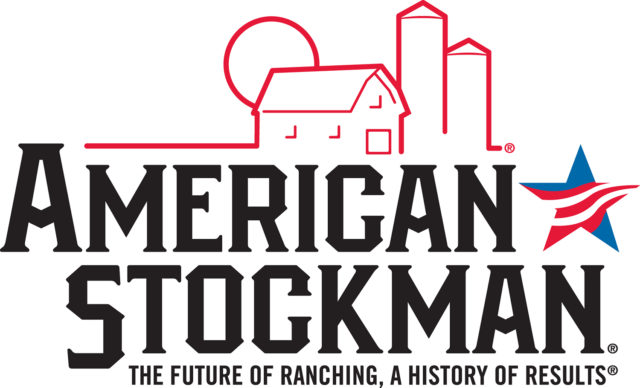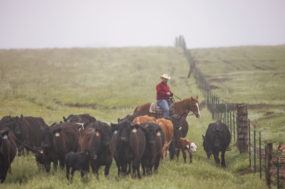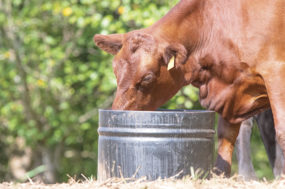It all started with a cow from eastern Alberta that tested positive for bovine TB at a U.S. packing plant back in September 2016. Five more cattle from the same operation tested positive for TB.
Over the course of almost a year and a half, 30,000 cattle from 150 herds in Alberta, Saskatchewan and Manitoba were tested, and of those 30,000, about 11,500 head were ordered destroyed, but no more cases of TB were discovered.
Producers who lost their cattle have received $39 million from the government as compensation and, after their operations have been thoroughly checked for traces of TB, are already restocking their herds. A Canada-Alberta program has also allocated up to $16.7 million more to cover extraordinary quarantine costs.
“While the investigation will not be officially closed until final laboratory culture results are received later this spring, this is a positive step forward for Canada's cattle industry,” Minister of Agriculture Lawrence MacAulay said in a CFIA statement. “The cooperation of individual producers and their industry associations played a key role in the progress of the investigation and this has allowed Canada to retain its bovine TB-free status with no disruption in access to international markets.”
The last round of precautionary testing on the restocked herds is still ongoing, although the quarantine has been lifted. The elk population in Alberta will also be watched closely for traces of TB, although no cases were found during the investigation.
The CFIA will release a report later this spring on the entire investigation, and once the final laboratory culture test results are completed, the investigation will be officially closed.
One mystery remains yet to be solved – the origin of the bacteria. CFIA officials discovered that the bacteria from the six infected cows was closely related to a strain found in cattle in central Mexico in 1997, but have found no possible source for the disease. ![]()

-
Carrie Veselka
- Associate Editor
- Progressive Dairyman
- Email Carrie Veselka








